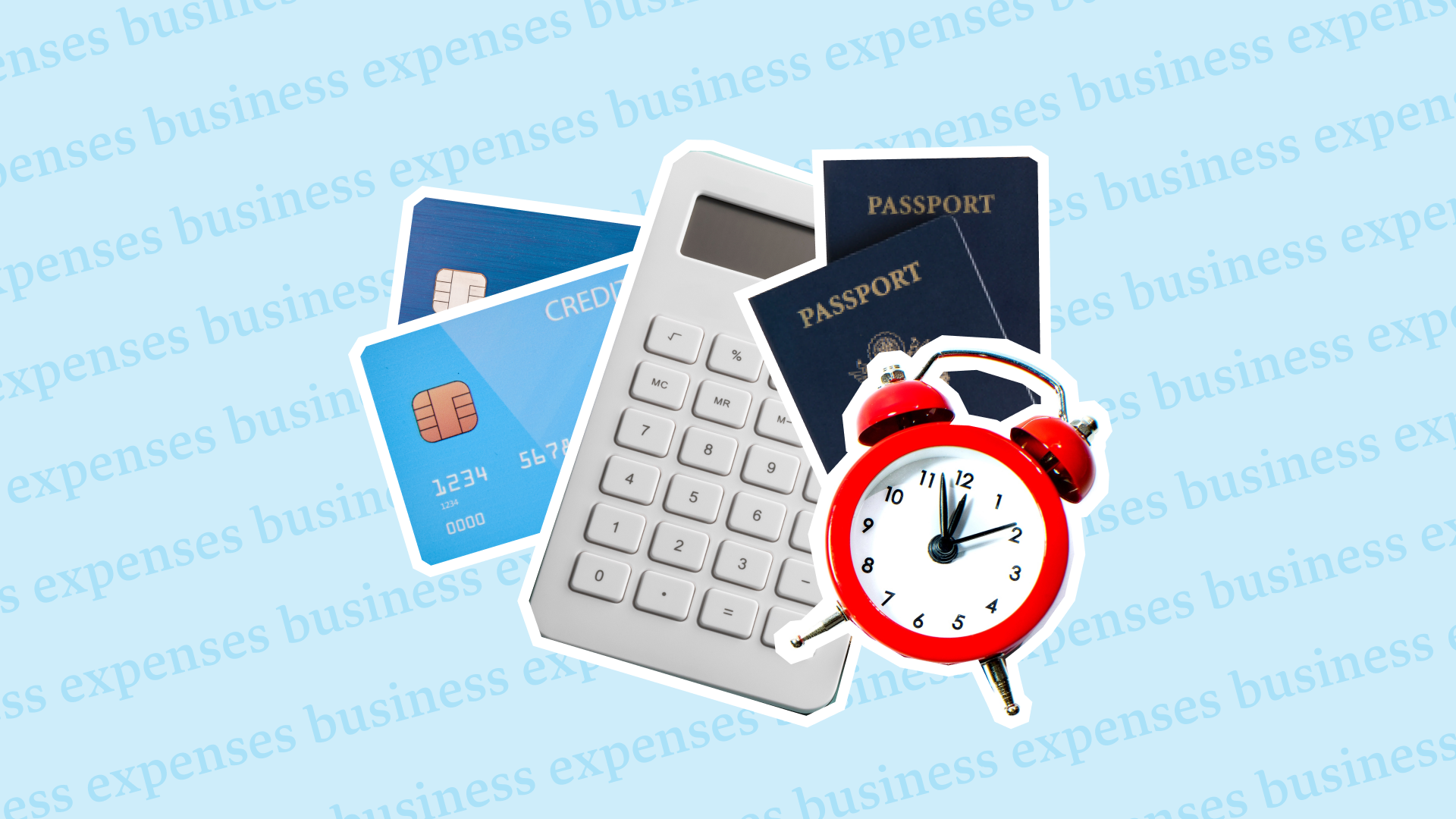This is a guest post from NerdWallet. NerdWallet helps empower small business owners with the information and tools necessary to start and effectively run their businesses.
Whether you want to turn your online store into a brick-and-mortar shop, expand to a new location, or just add a few employees, your enterprise could benefit from a small business loan.
A wide array of lenders offer an even wider variety of loans, each with a different set of rules and qualifications. Applying for a business loan can be daunting, but you can remove some stress from the process by taking these steps.
1. Research the Lender’s Qualifications
Applying for a loan without knowing the lender’s minimum qualifications is a gamble. If you don’t qualify, you’re wasting their time and yours. U.S. Small Business Administration loans typically offer the best interest rates, but also have the strictest qualifications.
Your credit record has to be completely clean — no past defaults allowed. Other lenders are more lenient and underwrite loans based your track record and annual cash flow, but will often offer their best interest rates to applicants with good credit scores.
2. Check Your Credit Scores
Both your personal and business credit scores are important when applying for a loan for your business. Small business loans are available for those with fair or poor credit. But if you want to land an SBA or bank loan, or qualify for an online lender’s best rates, your personal and business credit scores should be excellent.
You can request your personal credit report for free once a year at AnnualCreditReport.com. If you’re unhappy with your credit score, take steps to improve it. Look for errors that could be damaging your score. Don’t be afraid to dispute inaccuracies — according to a study by the Federal Trade Commission, four out of five consumers who filed a dispute from 2004 to 2012 got their credit reports modified.
Repeat this process with your business credit score. You’ll have to pay one of the credit bureaus to see your business credit report, but it’s necessary to verify that there are no mistakes.
3. Decide What You Can Offer as Collateral
Lenders will ask for collateral when you apply for a loan. Collateral can be assets or equipment from your business; a personal guarantee, which holds you responsible for payment if the business cannot pay; or a combination of both. SBA loans will require both, while online lenders may only ask for a personal guarantee. In the event that your business fails, this is how your lender can ensure the loan is repaid.
If you don’t have adequate resources for either, consider looking into unsecured business loans. Keep in mind that these loans usually come with higher interest rates.
4. Create a Strong Business Plan
Lenders want to know how your business will bring in enough money to repay its loan. Lay out a thorough business plan that answers questions such as what the company does, who your employees and managers are, what the facilities are like, what your operations plan is, and what your sales and marketing strategy is.
Consider doing a SWOT (strengths, weaknesses, opportunities, threats) analysis. Ultimately, the goal is to demonstrate to the lender that you have enough cash flow to make payments while also covering business expenses.
5. Gather Relevant Documents
If you don’t have the proper documentation ready to go, the loan application process will take that much longer. Different lenders expect different paperwork, but expect to provide these business documents:
You will also need these personal documents:
Balance sheet and income statement.
Bank statement.
Income tax returns.
Business license.
Commercial leases.
Articles of incorporation.
Financial projections, if your company is young.
Bank statements.
Income tax returns.
A copy of your driver’s license.
Personal resume.
It may take the lender a while to process these documents. Online lenders offer a quick turnaround if you’re looking for faster cash. But the added convenience may come with higher interest rates.
Research and preparation are key when applying for a small business loan. With these steps, you’re well on the way to getting the loan that your small business need.
Learn more with Justworks’ Resources
Scale your business and build your team — no matter which way it grows. Access the tools, perks, and resources to help you stay compliant and grow in all 50 states.










